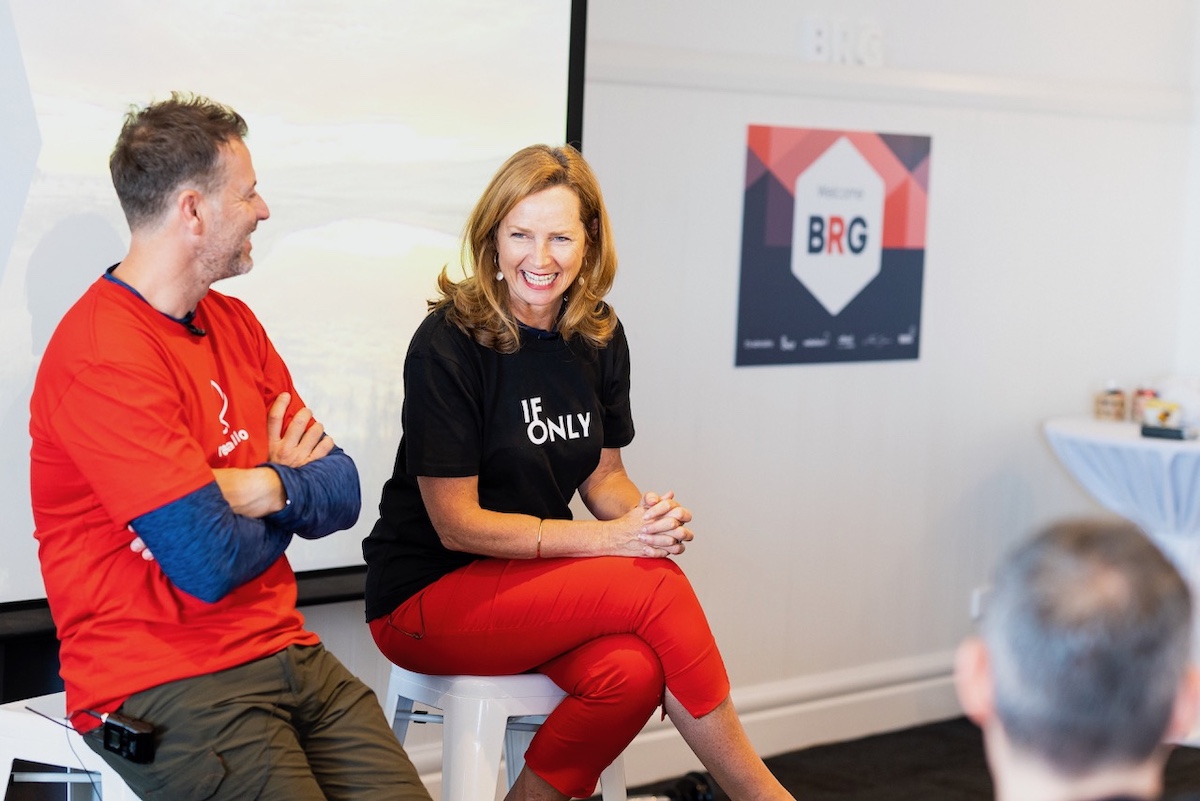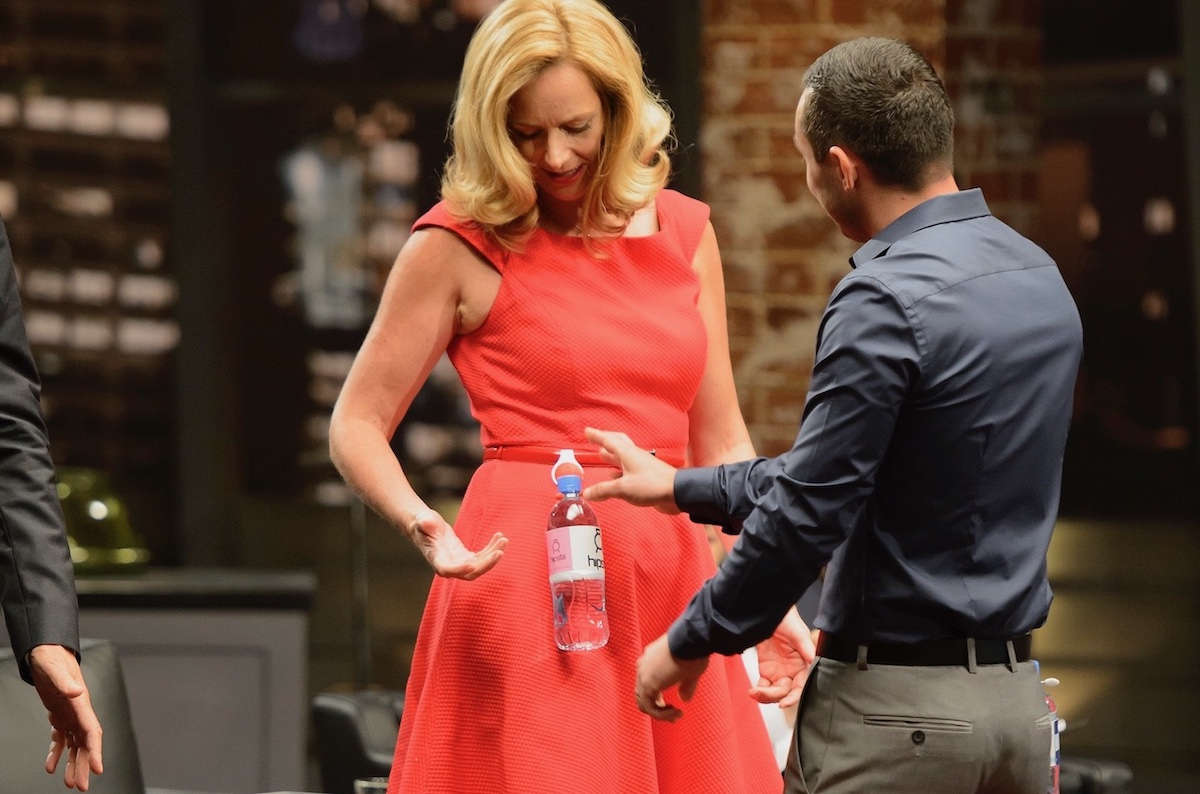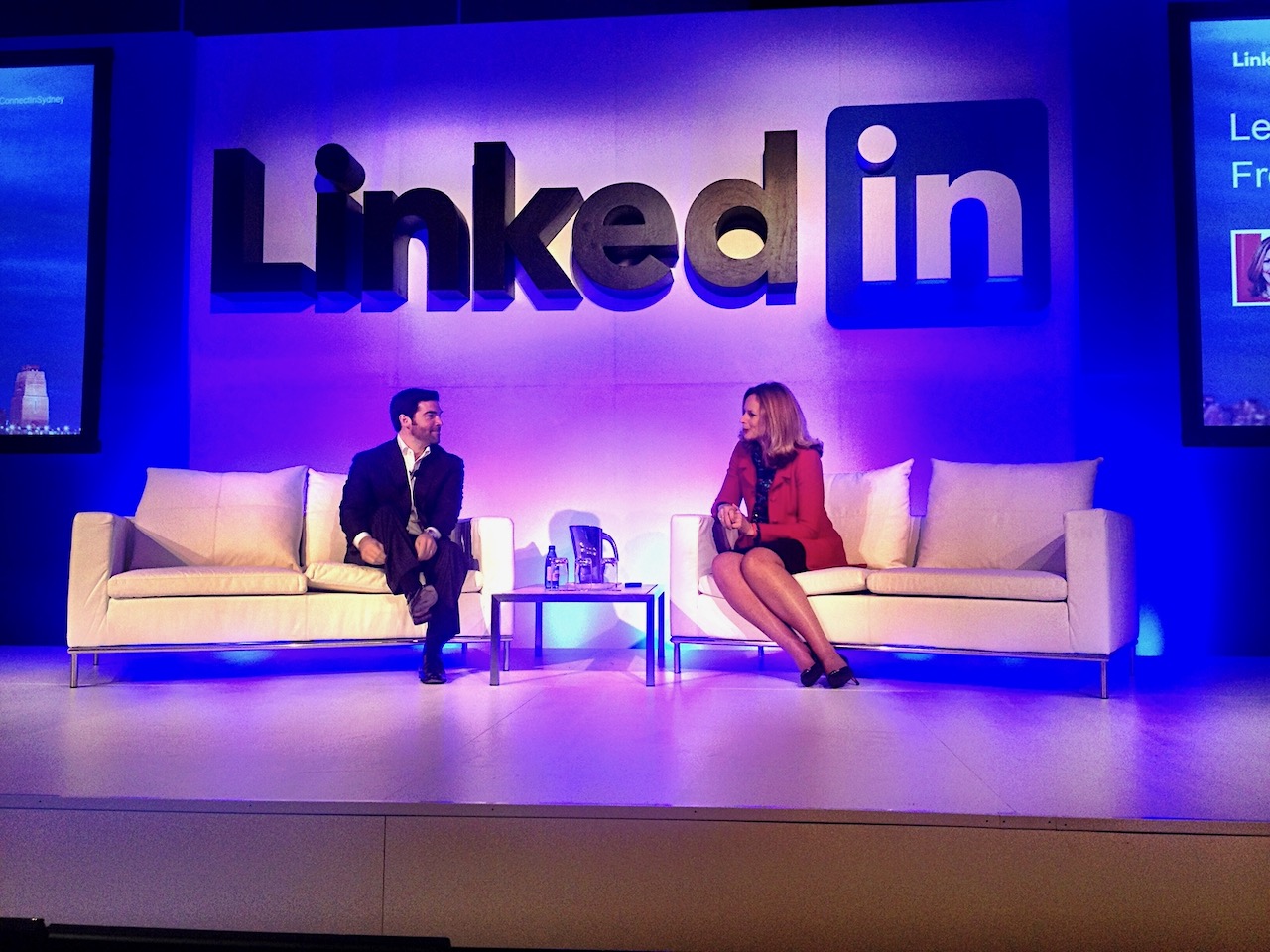The New Front Door to Mental Health
I have often spoken about the importance of having the right people around you - the six people you spend the most time with are likely to determine a lot about who you are. But let me take that to the next level.
Let's have a very candid conversation about the unseen tax of ambition.
In the world of entrepreneurship, we celebrate the hustle. We glorify the grind. We wear our sleepless nights and our relentless, 24/7 commitment as a badge of honour. We, as founders and leaders, are expected to be the unshakable pillars of our organisations—the visionaries, the motivators, and the resilient shock absorbers for every crisis and challenge. We project an image of unwavering strength and control. It does help to have a business partner who knows exactly what you are going through. But sometimes you need an external view point - but who could you trust?
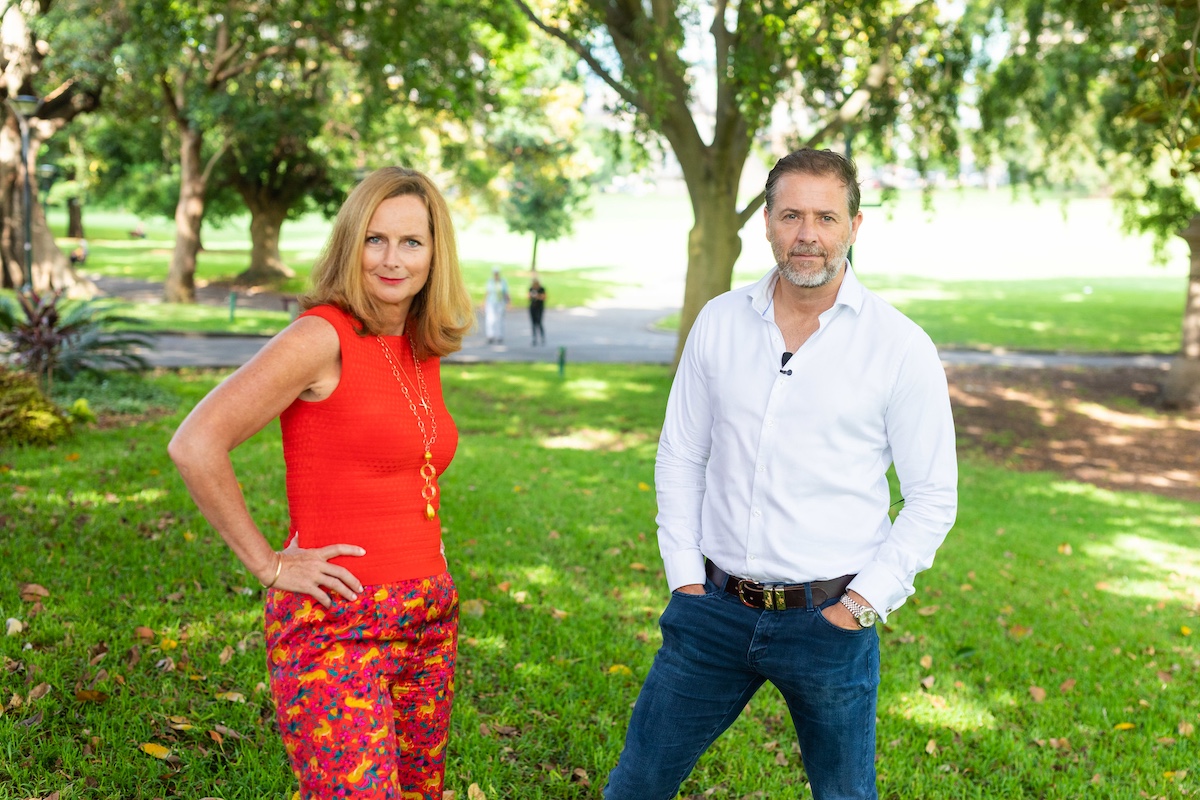
But behind that carefully constructed mask of invincibility, a silent epidemic is raging. It is an epidemic of anxiety, of depression, of burnout, and of profound loneliness. The very same traits that make us great entrepreneurs—our obsessive passion, our high tolerance for risk, our ability to carry immense responsibility—also make us uniquely vulnerable to mental health challenges.
I must have asked myself a hundred times ‘are we there yet?’ The finish line seems ever illusive, and what I once treated as a sprint, is very much a marathon.
I have seen it in the eyes of founders who have walked into the Shark Tank, running on nothing but caffeine and adrenaline. I have felt it in my own journey, during the darkest, most uncertain days of building RedBalloon, when the weight of responsibility for my team and my family felt almost unbearable. And I have learned, with absolute conviction, that your mental health is not a "soft" issue to be dealt with after you’ve achieved success. Your mental fitness is the foundational asset upon which all sustainable success is built.
And yet, for so many of us, the traditional paths to support are blocked. There's the stigma—the fear that admitting we're struggling is a sign of weakness. There's the cost—the high price of quality therapy that can feel like an impossible luxury for a bootstrapped startup. And there's the time—the sheer logistical challenge of fitting a one-hour appointment into a calendar that is already overflowing.
So, we suffer in silence, believing we are alone in our struggle.
But what if a new front door to support was opening? What if technology—the very force that is disrupting every other industry—could disrupt the mental health crisis itself? I am talking about Artificial Intelligence.
Why AI might be an Important Co-Founder You Don't Have Yet
The idea of "AI mental health" can sound cold, clinical, and even a little dystopian. But I want you to reframe that. I believe that AI is emerging as one of the most powerful, accessible, and destigmatising tools we have to begin the crucial work of tending to our own mental wellbeing. It is not a replacement for human connection, but it is a revolutionary new first step. Of course people do need people - but sometimes it is not about just sharing a problem it is about understanding the deeper issue.
Today, I want to explore this new frontier with you—the promise, the reality, and the practical tools that are available right now. This is a founder's guide to leveraging AI to build your most important asset: a resilient, healthy mind.
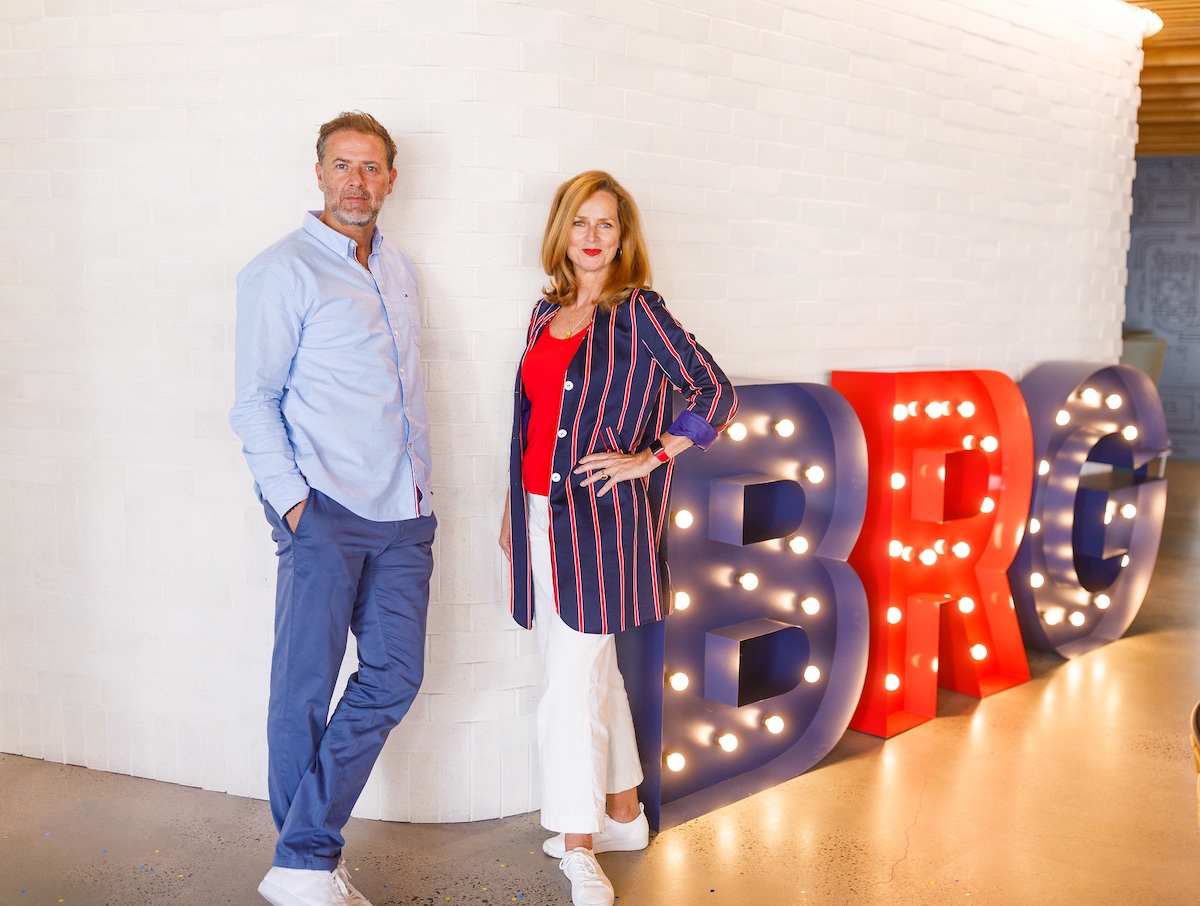
The Promise of AI - Dismantling the Barriers to Entry
Why is AI poised to be such a game-changer for mental wellness? Because it directly attacks the three great barriers of stigma, cost, and time. It creates a new, accessible entry point for millions who have never felt able to take that first step.
1. It Dissolves Stigma through Anonymity:
The first and highest hurdle for many is the fear of judgment. The very act of picking up the phone to book an appointment with a therapist can feel like a monumental admission of defeat. An AI-powered app is a completely private, non-judgmental space. You can be brutally honest about your fears, your anxieties, and your struggles with a chatbot at 2 a.m. without any fear of what "it" will think of you. For many, this safe, anonymous space is the only place they feel they can begin to be truly vulnerable.
2. It Democratises Access through Affordability:
Let's be frank. A great therapist in Australia can cost hundreds of dollars per session. For a founder in the early stages, that is a significant and often prohibitive expense. Most AI mental health apps, by contrast, operate on a low-cost subscription model. This isn't about replacing human therapy; it's about providing a valuable, evidence-based alternative for those who simply cannot afford the traditional model. It makes foundational mental wellness tools accessible to a far broader audience.
3. It Delivers Support on Your Terms (Accessibility):
The founder's calendar is a brutal, unforgiving beast. The idea of carving out a 90-minute block in the middle of a Tuesday for an appointment, including travel time, can feel impossible. An AI companion lives on your phone. It is available 24/7. It's there on the train during your commute, for five minutes between meetings, or in the middle of a sleepless night. It delivers support in the micro-moments of need, fitting into the cracks of a busy life rather than demanding a huge chunk of it.
4. It Provides Data-Driven Personalisation:
An AI can act as a powerful tool for self-awareness. By tracking your moods, your journal entries, and your thought patterns over time, it can begin to identify your unique triggers and patterns. It can deliver personalised insights and exercises that are relevant to you, right now. It is a mirror that can help you see your own psychological landscape with greater clarity.
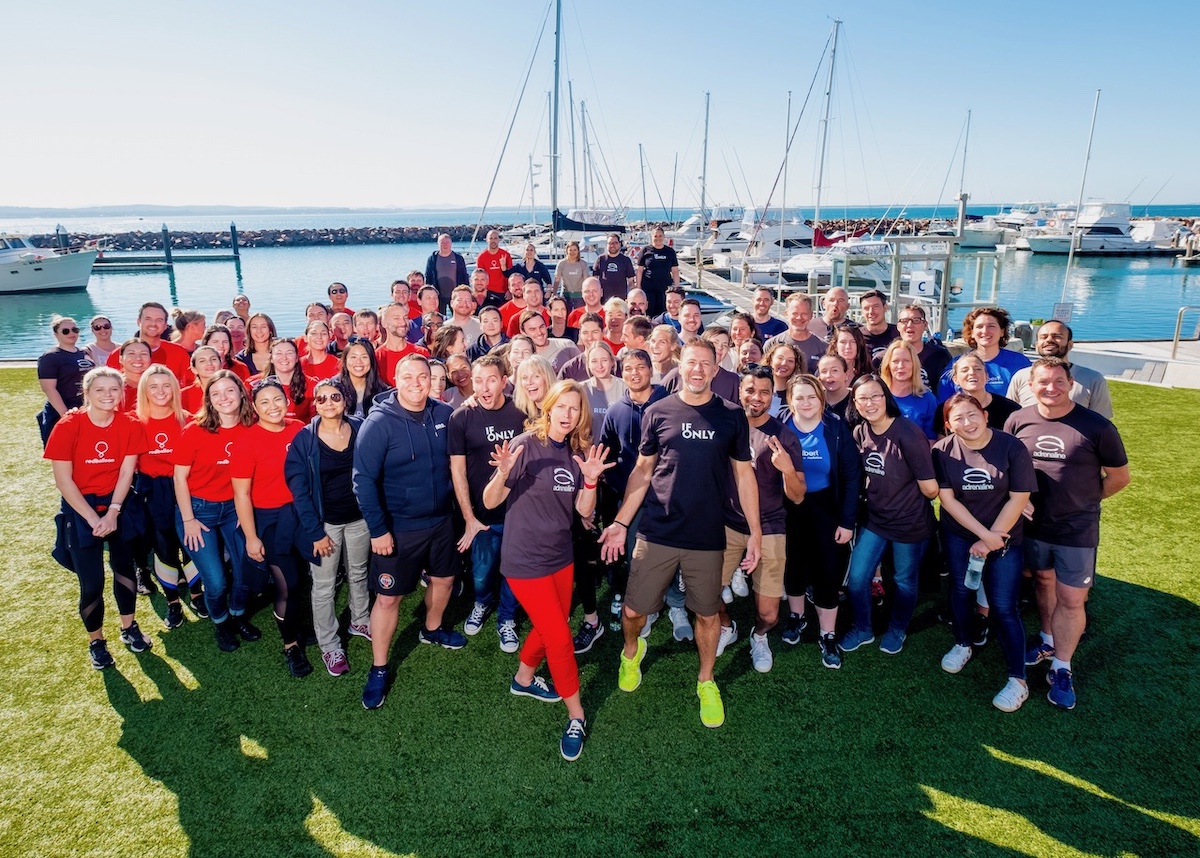
Meet Your AI Companions - A Look at the Tools Available Today
This is not science fiction. These tools exist right now, and they are built on proven, evidence-based psychological principles. They are not a replacement for deep, human-led therapy for complex conditions, but they are a powerful "Tier 1" support system for managing the common challenges of stress, anxiety, and low mood.
Here are a few of the leading platforms that are pioneering this space:
- Wysa: I love Wysa's approach. It frames itself as an "emotional first aid kit." It's a friendly, empathetic penguin chatbot that is available 24/7 for you to talk to. It uses principles of Cognitive Behavioural Therapy (CBT) to help you reframe negative thoughts, offers guided mindfulness and breathing exercises, and has a library of tools to help you build resilience. It's a fantastic, approachable first step for anyone who just needs a safe space to talk and learn basic coping skills.
- Woebot: Developed out of Stanford University, Woebot is one of the most clinically researched AI mental health tools available. Its entire methodology is grounded in Cognitive Behavioural Therapy (CBT), a gold-standard therapeutic approach. Woebot engages you in daily conversations, helping you to identify and challenge the cognitive distortions—the unhelpful thought patterns—that so often fuel anxiety and depression. It's like having a friendly, pocket-sized CBT coach guiding you every day.
- BetterHelp: BetterHelp is another excellent tool that acts as a personalised mental health assistant. It uses a combination of CBT and Acceptance and Commitment Therapy (ACT) to help you understand the connection between your thoughts, your feelings, and your behaviours. It has a fantastic mood-tracking feature that helps you identify patterns over time, and it leads you through guided exercises and meditations based on your specific emotional state.
These apps are the new front door. They are a way to start the work, to build the foundational skills of self-awareness and emotional regulation, and to do so in a way that is accessible, affordable, and free from stigma.
The Human Imperative - The Irreplaceable Role of Real Connection
Now, I need to be absolutely clear. As powerful and as promising as these AI tools are, they are not, and will never be, a complete replacement for the profound, transformative power of human connection.
An AI can be a brilliant coach, but it can never be a true witness to your life. There are critical elements of the human therapeutic experience that a machine simply cannot replicate.
1. True Empathy and Lived Experience:
A great human therapist doesn't just offer techniques from a textbook. They bring their own life experience, their own struggles, and their own humanity to the relationship. They can offer a level of nuanced understanding and genuine empathy—the feeling of being truly "gotten" by another human being—that an algorithm, no matter how sophisticated, cannot simulate.
2. The Ability to Handle Deep Crisis and Complexity:
AI tools are designed to handle mild to moderate anxiety and stress. They are not equipped to handle severe mental health crises, deep-seated trauma, or complex psychiatric conditions. In these moments, the skilled, compassionate, and safety-focused intervention of a trained human professional is not just preferable; it is essential.
3. The Therapeutic Alliance:
Decades of research have shown that the single greatest predictor of a positive outcome in therapy is not the specific technique used, but the quality of the relationship between the client and the therapist. This "therapeutic alliance"—a bond built on trust, rapport, and a shared sense of purpose—is a uniquely human phenomenon. It is in the safety of that human relationship that the deepest healing and growth can occur.
I see the future of mental health not as "AI versus Human," but as a powerful, integrated ecosystem. The AI apps are the brilliant and accessible Tier 1 support—the daily trainers for our mental fitness. For those who need or want to go deeper, human therapists are the essential Tier 2 and Tier 3 specialists. The AI can be the tool that helps more people than ever before build the awareness and the courage to eventually seek out that deeper human connection when they are ready.
The Future of Leadership is Mentally Fit

Let’s bring this back to the world of leadership and business. The conversation around mental health is not just a personal wellbeing issue; it is a critical leadership imperative.
A leader who is actively working on their own mental fitness—who is building their self-awareness, their emotional regulation, and their resilience—is a better leader. They are calmer under pressure. They are more empathetic to their team. They make clearer, more strategic decisions. They build stronger, more psychologically safe cultures.
The tools of the AI era have removed the last of our excuses. The support is no longer too expensive, too time-consuming, or too intimidating to access. The front door is wide open.
Your mind is your single greatest asset. It is the engine of your innovation, the source of your resilience, and the compass for your vision. Just as you would invest in the best technology or the best talent for your business, you must be willing to invest in the health and performance of your own mind.
This is the new frontier of leadership. It is a commitment to showing up not just as a strong leader, but as a whole and healthy human being.
What is one small step you can take this week to invest in your own mental fitness? Will you try one of these apps, schedule a walk in nature, or simply have an honest conversation with a trusted friend? David and I have now been business partners since 2017 and it is a ride full of twists and turns - very grateful that we are the ying and yang of leadership and we each bring our own experience and perspective.


